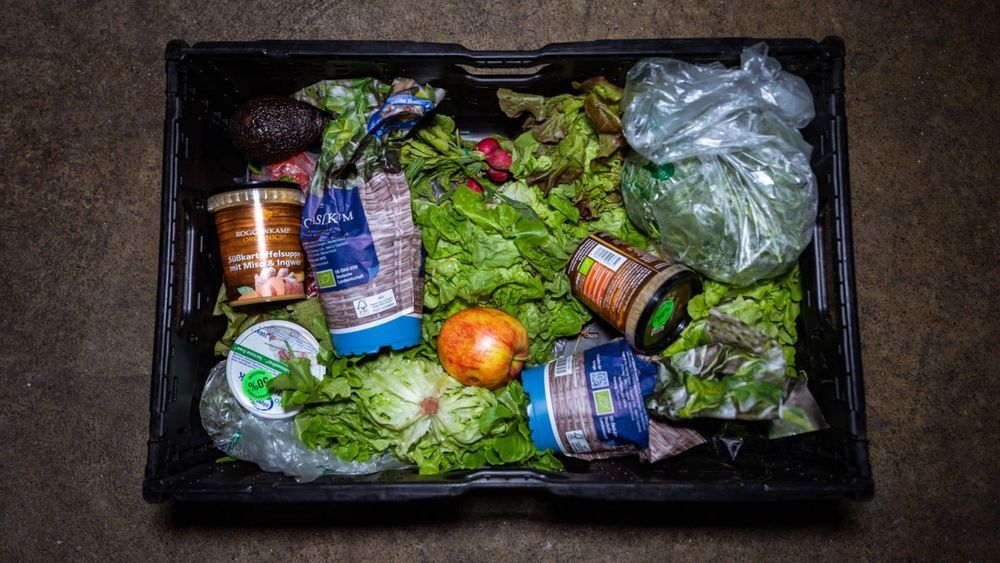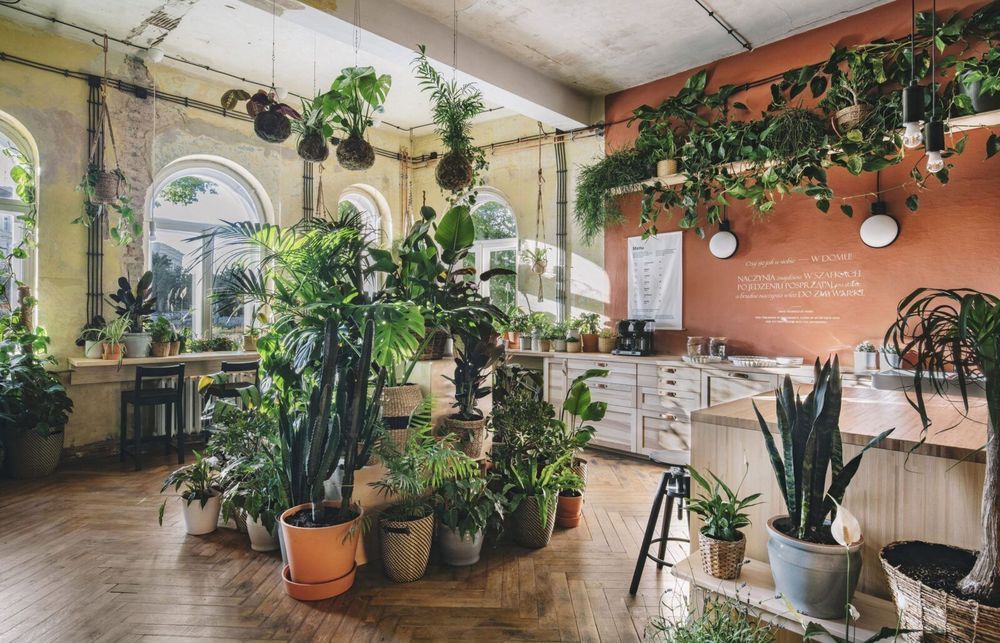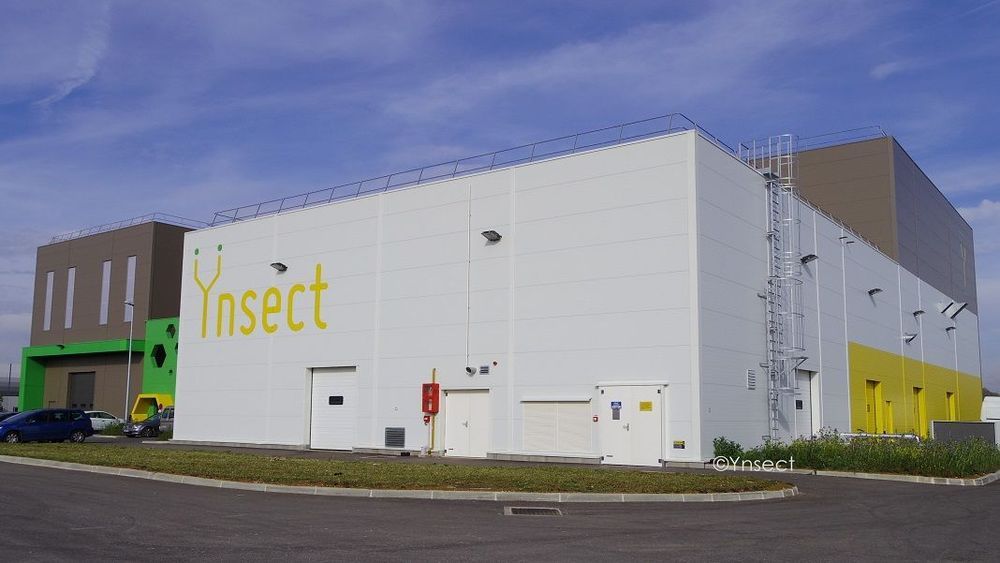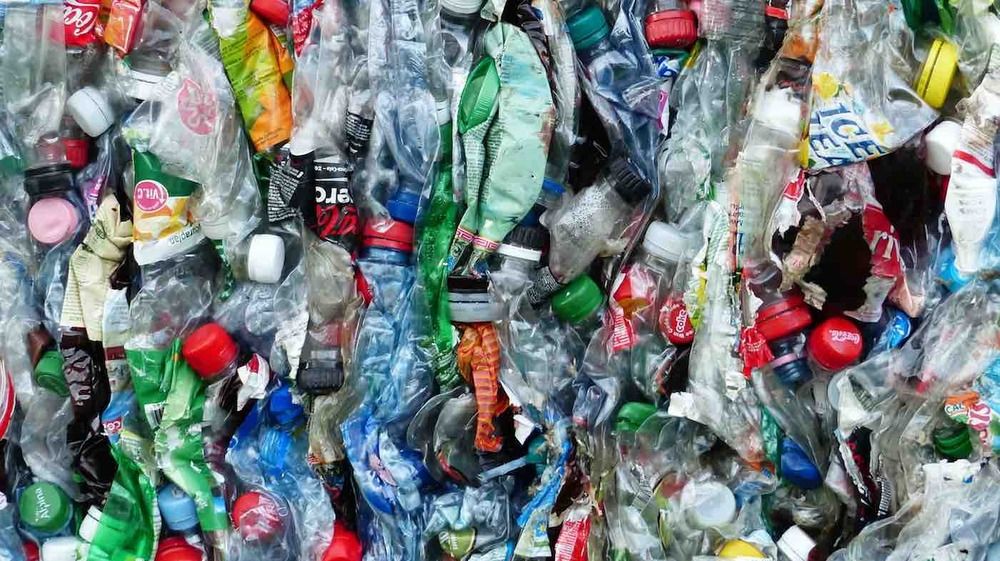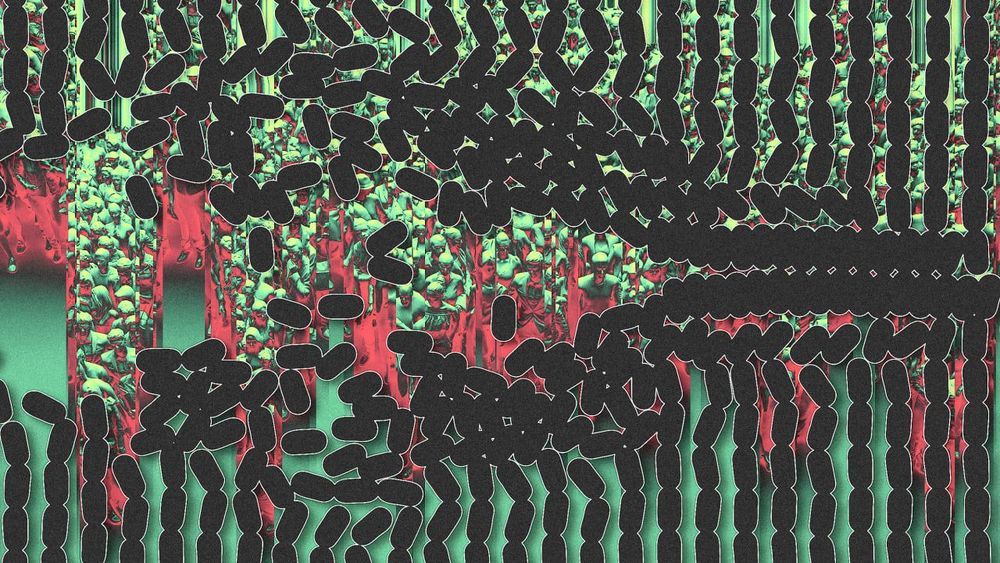
The next decade is going to be a transforming decade as many many technologies (some of which we all like to share in this group) are converging and maturing enough to rearrange our society in almost any aspect we can conceive.
I’m calling to those who are interested in creating and implementing an alternative model for the current social and governance systems, let’s build an open state that we can all support and trust regardless of our age, sex, geographical location, or belief system.
In the next 10 years, key technologies will converge to completely disrupt the five foundational sectors—information, energy, food, transportation, and materials—that underpin our global economy. We need to make sure the disruption benefits everyone.



